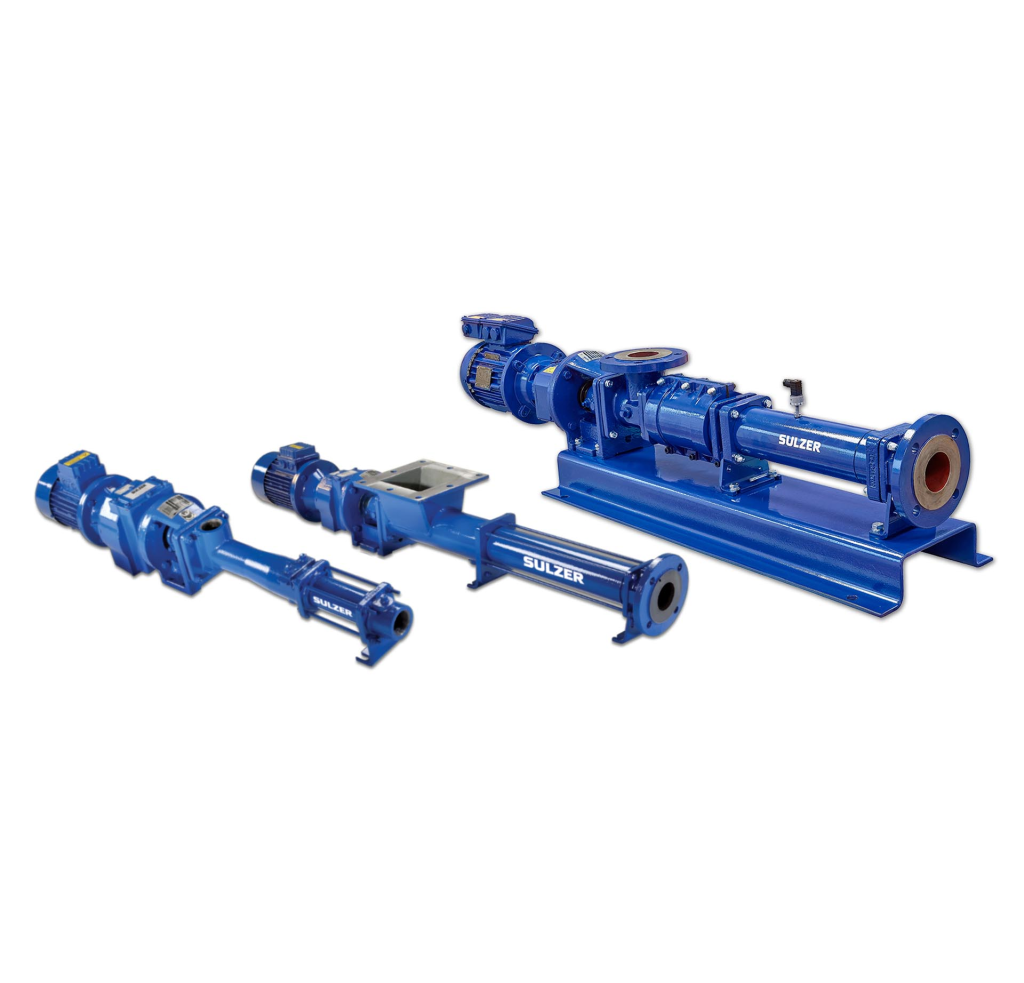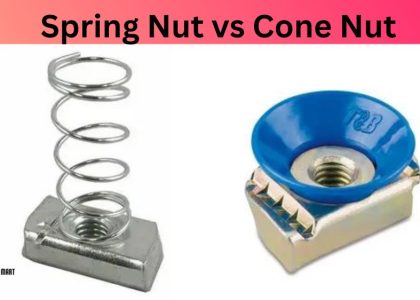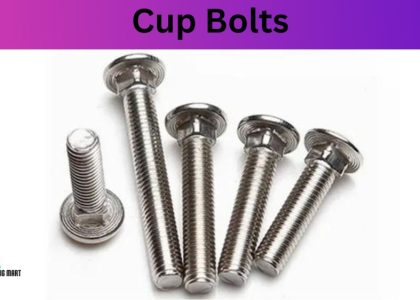Progressive cavity pumps have gained popularity in the sewage industry due to their unique design and operational efficiency. These pumps are particularly effective in handling challenging materials, making them an ideal choice for wastewater management. In this article, we explore the advantages of progressive cavity pumps for sewage applications.
Understanding Progressive Cavity Pumps
Progressive cavity pumps are positive displacement pumps that consist of a helical rotor and a stator. As the rotor turns within the stator, it creates cavities that progressively move the fluid through the pump. This design allows for a consistent flow rate, making it suitable for various applications, especially in the sewage sector.
Advantages of Progressive Cavity Pumps for Sewage
- Efficient Handling of Viscous Fluids
One of the standout features of progressive cavity pumps is their ability to handle viscous and abrasive fluids. In sewage applications, where materials can vary in consistency, these pumps can transport sludge and waste without clogging or losing efficiency. - Gentle Pumping Action
The gentle nature of the pumping mechanism minimizes shear stress on the fluid. This is particularly important in sewage treatment, as it helps preserve the integrity of biological matter and other sensitive components present in wastewater.

- Consistent Flow Rates
Progressive cavity pumps provide a steady flow rate regardless of variations in pressure. This consistency is crucial in sewage treatment processes, ensuring that the system operates smoothly and efficiently without interruptions. - Versatile Applications
These pumps are versatile and can handle a wide range of fluids, including those with solids. This adaptability makes them suitable for various stages of sewage treatment, from initial collection to final disposal. - Low Maintenance Requirements
The robust design of progressive cavity pumps leads to lower maintenance needs compared to other pump types. This reliability reduces downtime and operational costs, making them a cost-effective choice for sewage applications. - Compact Design
The compact nature of progressive cavity pumps allows for easy installation in limited spaces, which is often a challenge in sewage treatment facilities. Their small footprint can lead to more efficient use of available space.

Conclusion
Progressive cavity pumps have proven to be an excellent solution for sewage management. Their ability to handle challenging materials, provide consistent flow rates, and require minimal maintenance makes them a preferred choice for wastewater treatment facilities. As the demand for efficient sewage solutions continues to grow, the advantages of progressive cavity pumps will likely solidify their role in the industry. Embracing this technology can lead to improved operational efficiency and more effective management of sewage systems, ultimately benefiting both the environment and public health.


